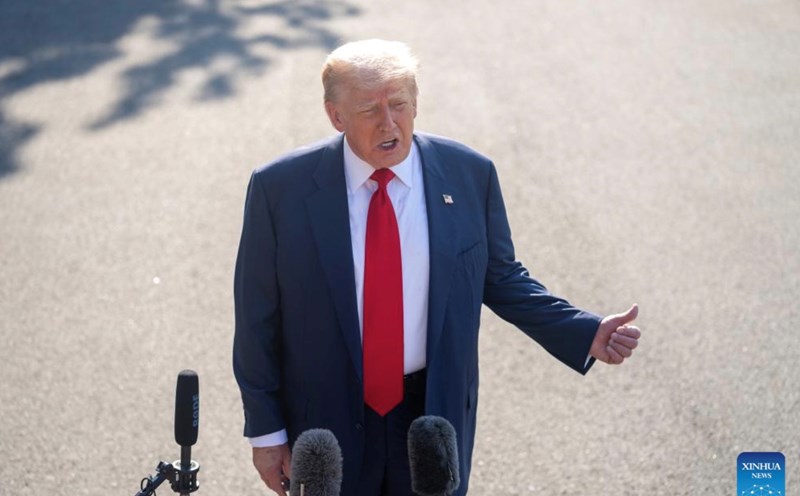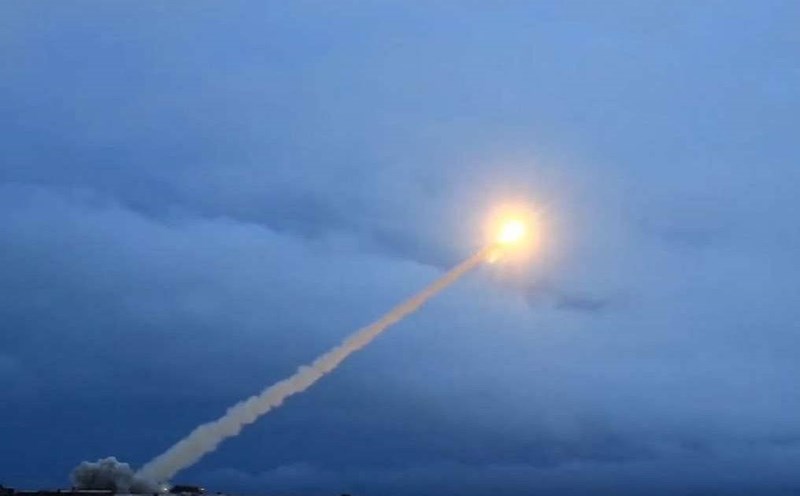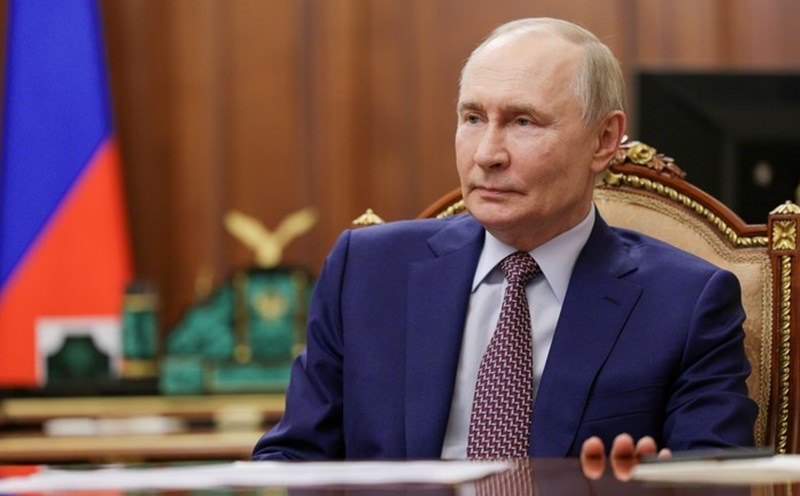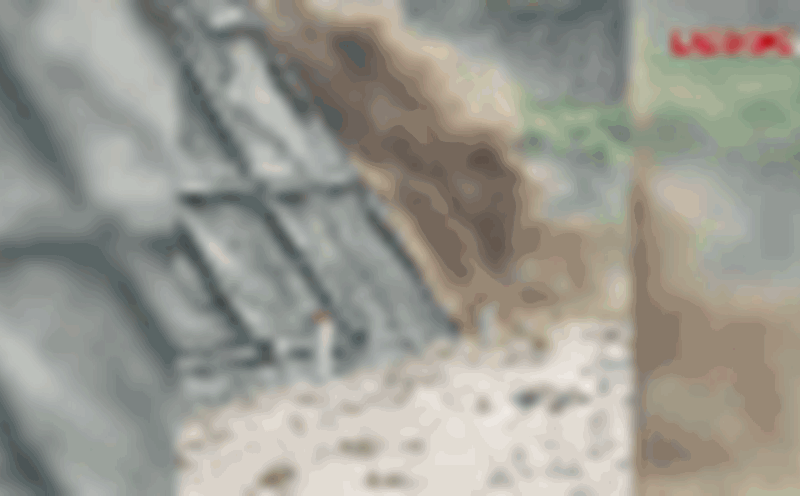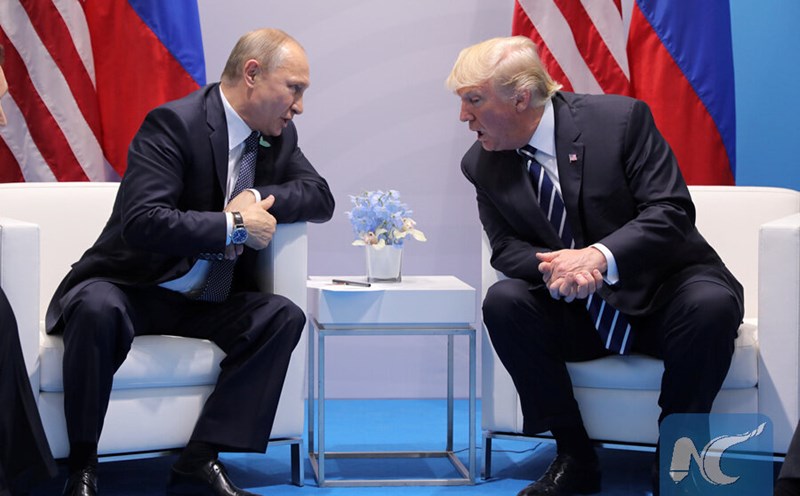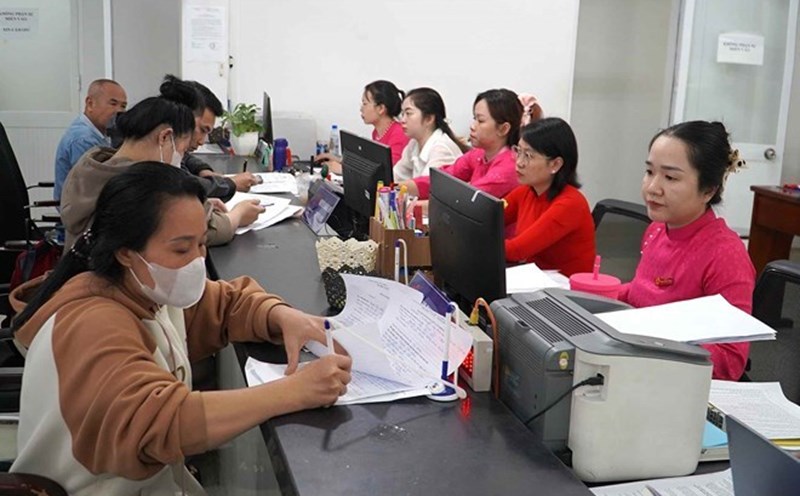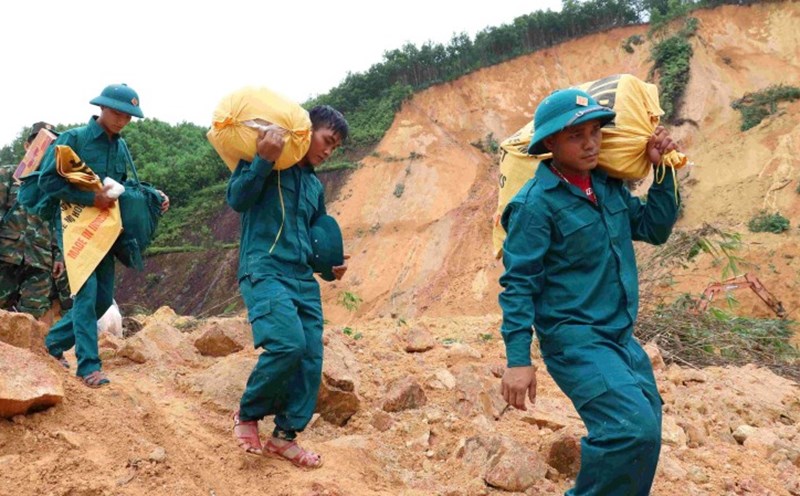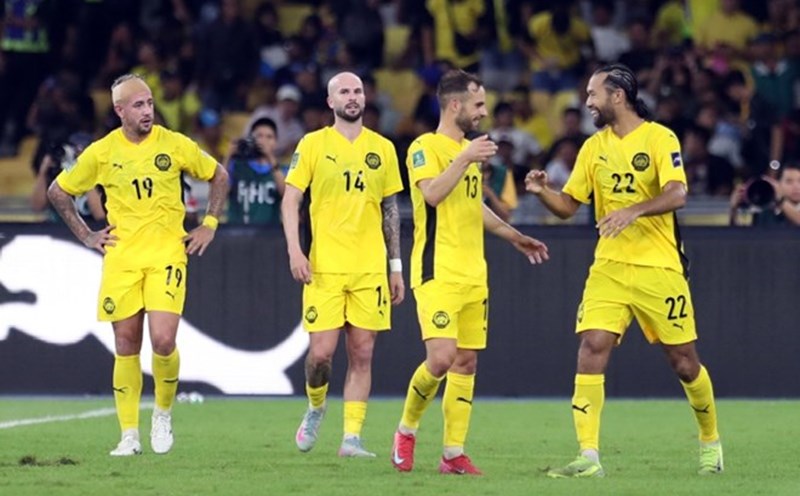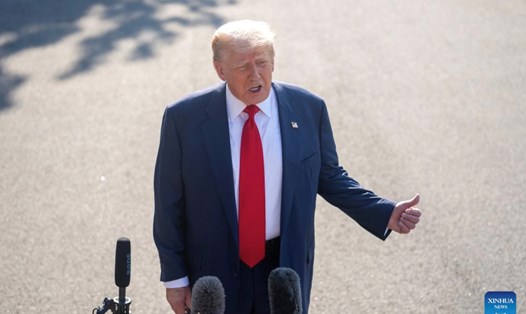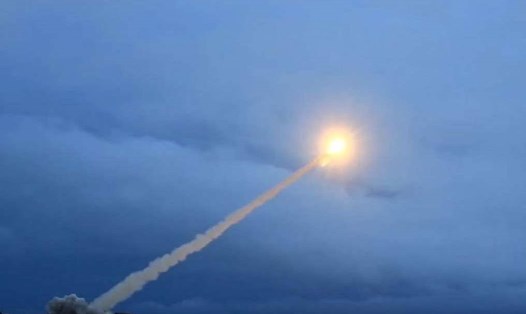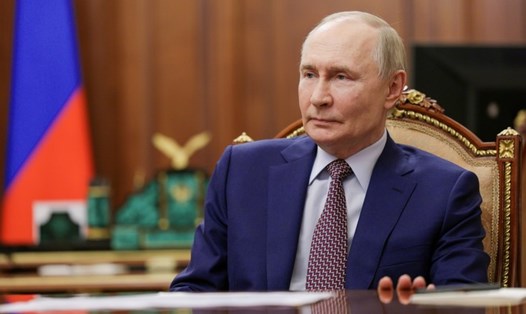On October 30, the United Nations issued a severe warning about the risk of global nuclear escalation, after US President Donald Trump ordered the government to resume nuclear weapons testing - the first time since the ban 33 years ago.
UN spokesman Farhan Haq emphasized: Nodable testing is never allowed under any circumstances. We must not forget the tragic legacy of more than 2,000 nuclear weapons testing cases over the past 80 years.
According to Mr. Haq, UN Secretary-General Antonio Guterres believes that the US restart of the trial, at any scale, will be a "serious step back" in efforts to prevent the proliferation of weapons of mass destruction and threaten global diplomatic advances in arms control.
On social media, President Trump said the US would Start nuclear testing on equal grounds with its opponents, but did not specify which kind of testing he was referring to.
Russia and China are not currently conducting nuclear explosions, but Moscow has recently announced the testing of nuclear-powered underwater drones and cruise missiles capable of carrying nuclear warheads.
This process will begin immediately, Trump wrote hours before meeting with Chinese President Xi Jinping in South Korea.
The announcement immediately raised a series of questions about Washington's true goals. Experts say that if Mr. Trump only ordered testing of weapons with nuclear engines or capable of carrying nuclear warheads, the consequences would be much different from directly testing nuclear weapons.
Vice President J.D Vance affirmed that the US is still committed to limiting the dissemination of nuclear weapons, but added: We must ensure our nuclear arsenal operates effectively. And to do that, a periodic testing mechanism is needed.
The idea of resuming nuclear testing is not new. Former National Security Advisor Robert O'Brien wrote in Foreign Affairs that the US should restore underground testing if China and Russia continue to refuse arms control dialogue.
At the end of his first term, Mr. Trump tried to promote a US-Russia-China tripartite nuclear treaty, but Beijing rejected the proposal. Currently, China, despite having a much smaller warhead depot than the US and Russia, is accelerating the expansion of deterrence capabilities, including testing hypersonic missiles that are difficult to intercept by defense systems.
According to Daryl G. Kimball, CEO of the US arms Control Association, resuming the complete test would take years and cost hundreds of millions of dollars. Even small-scale testing - if it breaks the self- sustained chain reaction threshold - could violate the 1996 Comprehensive Nuclear Test ban (CTBT), which has not yet been ratified by the US but is considered the foundation for a modern nuclear order.
Mr. Kimball warned: "If the US resumes nuclear testing, Russia, China, and even North Korea may do the same thing. The benefits are almost zero, while the risks are huge. This decision, so far, has not been clearly explained.

